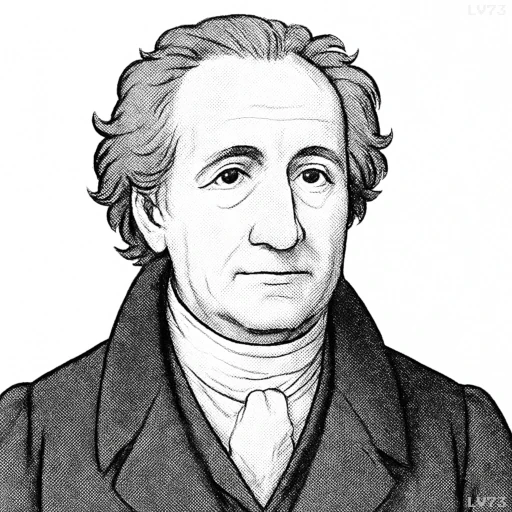“If you modestly enjoy your fame you are not unworthy to rank with the holy.”

- August 28, 1749 – March 22, 1832
- German
- Poet, playwright, novelist, philosopher, politician
table of contents
Quote
“If you modestly enjoy your fame you are not unworthy to rank with the holy.”
Explanation
Goethe suggests that true worthiness comes not from seeking fame or recognition for its own sake, but from enjoying it with humility and modesty. Those who are famous or accomplished but remain humble in their enjoyment of success demonstrate a kind of spiritual nobility. Rather than letting fame inflate the ego or lead to pride, they keep it in balance, using it not to elevate themselves but to contribute positively to the world around them. This modest approach to fame is seen as a virtuous quality, aligning the individual with the holy or the divine, as they embody values of self-restraint and humility.
Historically, this reflects the moral values of humility and virtue that were emphasized in Goethe’s time, especially in the context of the Enlightenment and Romanticism, where personal achievements were often seen as a part of a larger moral or spiritual journey. Goethe believed in the importance of self-awareness and the moral responsibility that comes with fame or achievement.
In modern contexts, this idea remains relevant in how we view individuals in positions of influence, whether in art, politics, or business. Public figures who maintain humility despite their success often gain greater respect and admiration because they don’t let their fame overshadow their character. For example, figures like Mahatma Gandhi, Nelson Mandela, or even modern philanthropists maintain a sense of humility in their public lives, demonstrating that true greatness lies in how one carries their success.
Goethe’s words remind us that fame, when enjoyed with humility, is not a corrupting force but can be part of a noble path, bringing with it the opportunity for greater good without losing sight of virtue and humility.
Would you like to share your impressions or related stories about this quote in the comments section?




